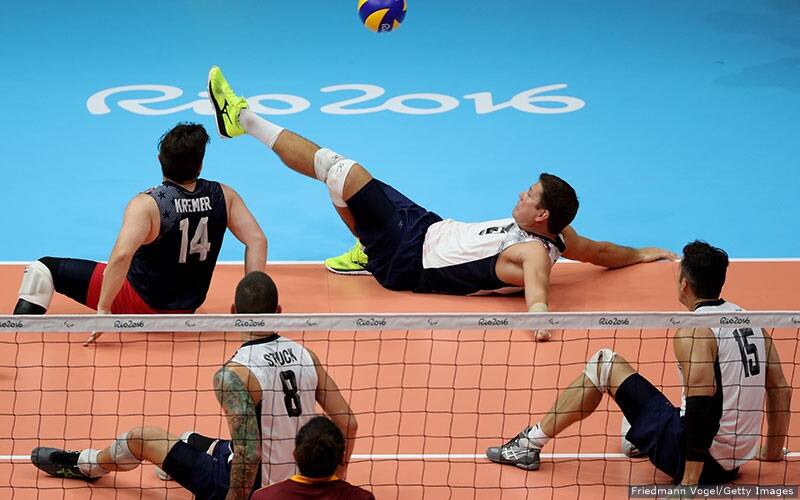
Oracles of Volleyball: How Do You Bounce Back?
Bren Jensen and Lori Daniels talk about coming back from a big loss
Resources for
Follow USAVolleyball
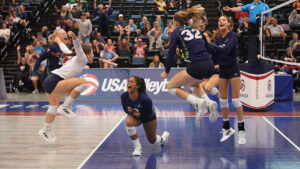 USA Volleyball Education is focused on improving developmental and educational opportunities across the sport of volleyball from grassroots to the national team level. Our goal is to provide the opportunity to access, complete and apply high-quality information and methods in the technical, tactical, physical and emotional aspects of the game for athletes and coaches while providing training, support and resources for other key stakeholders including officials, parents and clubs.
USA Volleyball Education is focused on improving developmental and educational opportunities across the sport of volleyball from grassroots to the national team level. Our goal is to provide the opportunity to access, complete and apply high-quality information and methods in the technical, tactical, physical and emotional aspects of the game for athletes and coaches while providing training, support and resources for other key stakeholders including officials, parents and clubs.
For years, the focus of volleyball in many areas and across various levels shifted to a mindset of winning at all costs.
What we now know is that the most successful teams in the world have developed a model of training and a culture that supports a holistic approach to athlete development which not only sets them up for competitive success on the court, but values and emphasizes the important of athlete health, well-being and long-term involvement in the sport.
The USA Volleyball Development Model was created based on the idea that volleyball in the U.S. could be taught differently, resulting in long-lasting positive outcomes across all measures of performance while keeping kids involved and loving the game longer.
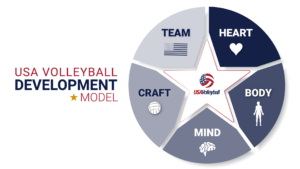
The five pillars of the USA Volleyball Development model provide the basis for a holistic approach to the core elements that are vital to supporting development at every level and across age groups.
USA Volleyball Education is committed to providing support for the volleyball community with a role-based approach to education and training. Whether you’re planning practices, cheering from the stands or making the right call, we provide the tools and resources to help you succeed.
USA Volleyball partner Sports Imports has provided USA Volleyball coaches with drills for use with their Trainer+ and The Vertec.


Bren Jensen and Lori Daniels talk about coming back from a big loss
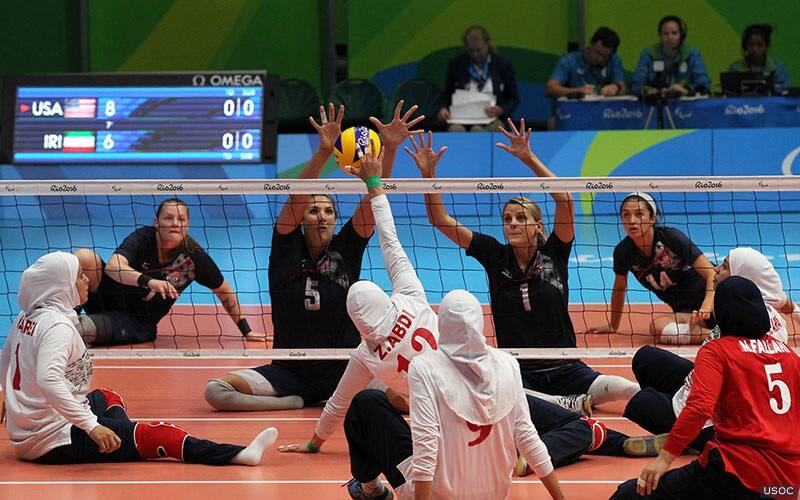
Kendra Lancaster, Brent Rasmussen and Allison Aldrich discuss greatness in sitting volleyball
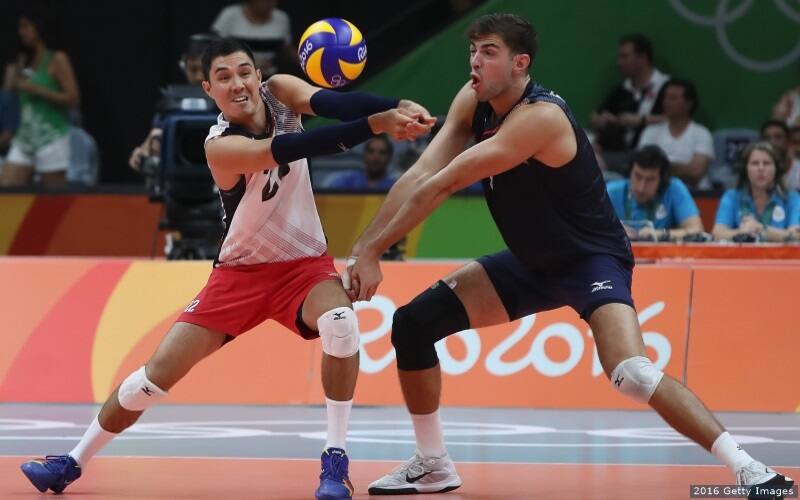
U.S. Olympic Volleyball greats share their advice on recovering after a disappointing Olympic loss
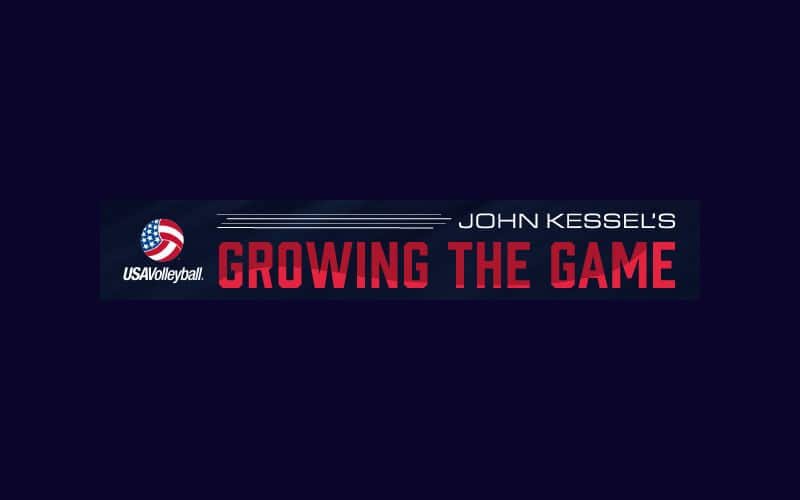
USAV Director of Development John Kessel looks at the use of physical punishment in volleyball.
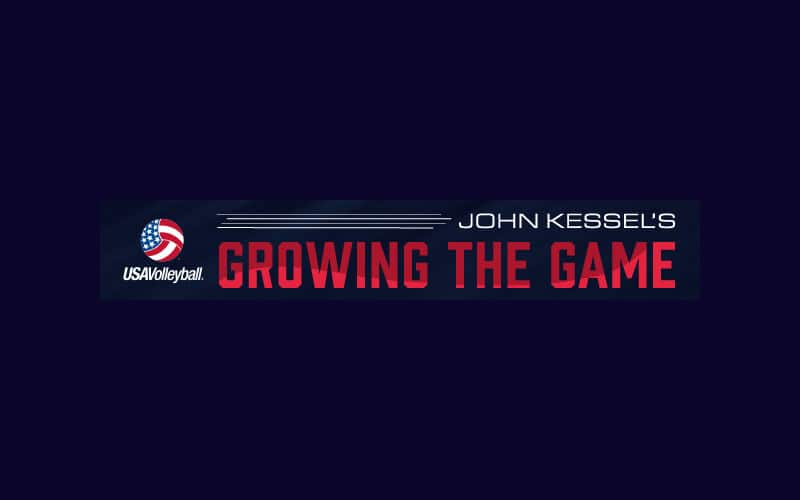
In today's Youth sports world parents are starting to fear free things are not as good or adequate and are opting to continue to spend more and more rather than just letting kids play.

Pat Madia, USAV Western Empire Region’s Coaches Education Committee Chair, shares eleven core tips for a new coach. Remember and share this, plus other great information for any new coach in the I’m a New Coach section of the USAV Grassroots section.
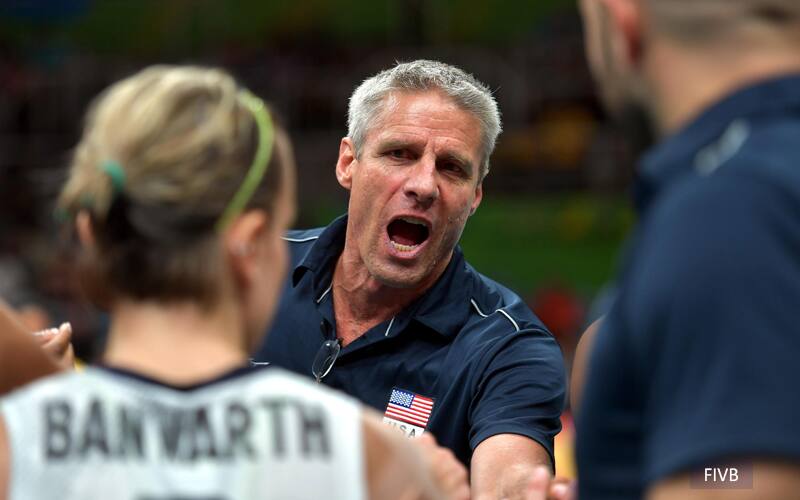
Volleyball bingo is a great way to help players focus on things they needed to work on in practice
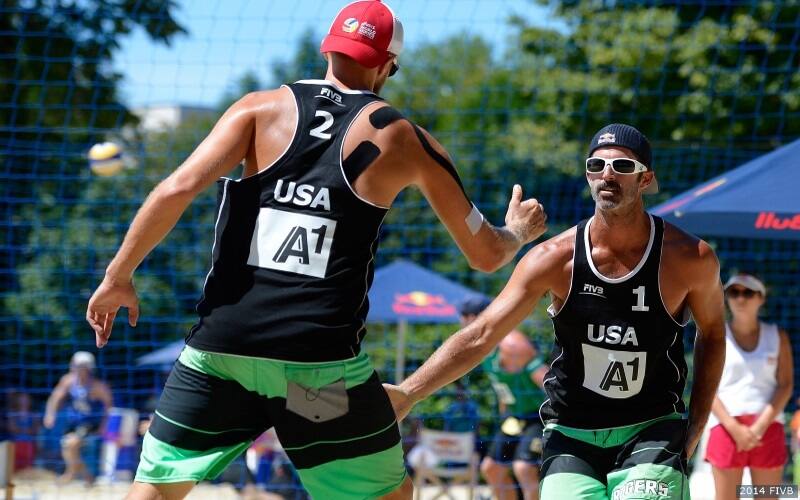
Get tips on how to become a smarter player from some of the best players and coaches in the game
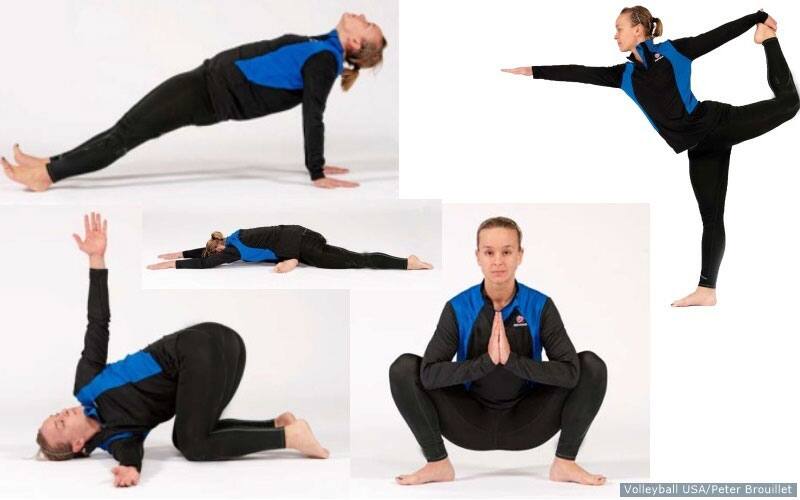
There are many benefits to incorporating yoga into your workout.

Allowing kids to learn and teach themselves is difficult, especially when you consider that the best learning happens during failure. Coaches must foster education by allowing that failure, not preventing it.
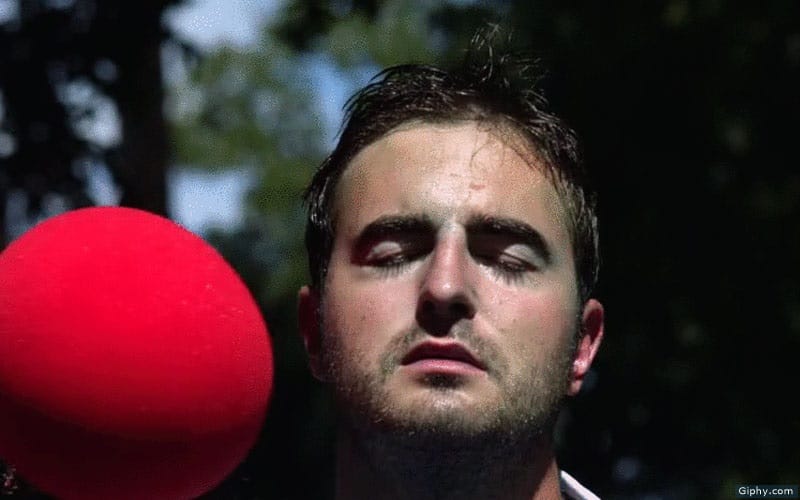
They always happen, and No. 10 is the worst!

Learning to play this new instrument and letting others figure it out helps to drive home the lesson that doing the activity is the most important than other things outside of it.
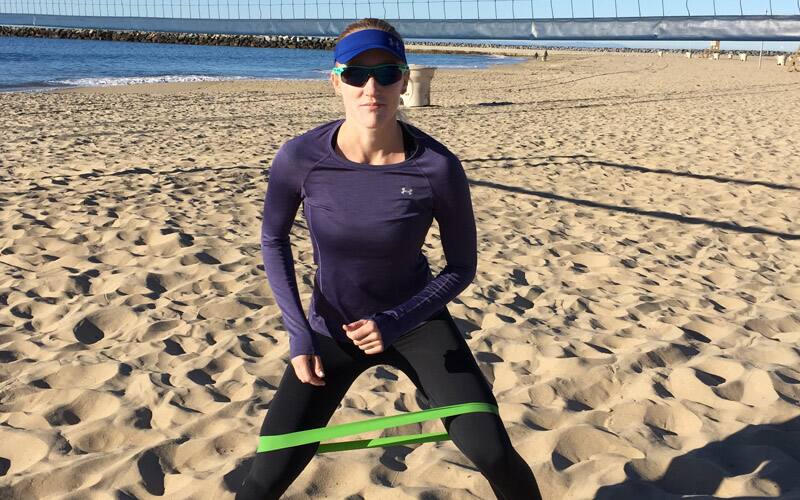
Top USA beach athletes give tips to improving footwork and speed

Most coaches who have taken IMPACT learned that a coach's feedback/feed-forward is the most important form of changing an athlete's skill set.
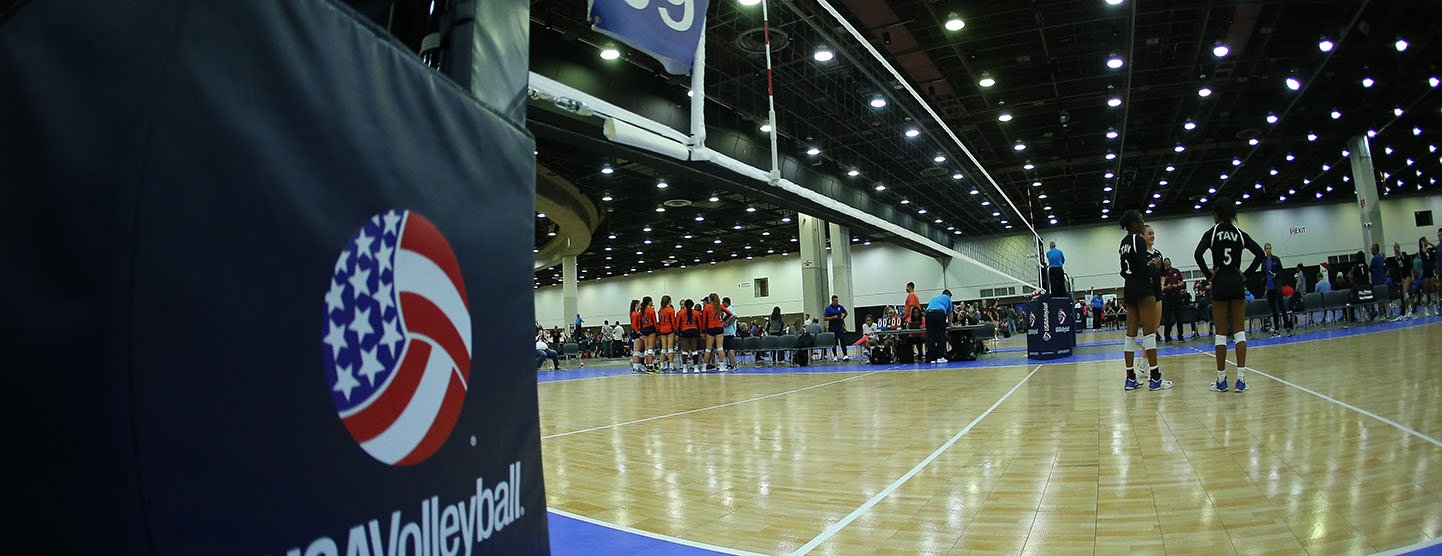
Many players would benefit from attending a summer volleyball camp. These are generally fun and a chance to learn a great deal in an intense, brief time.
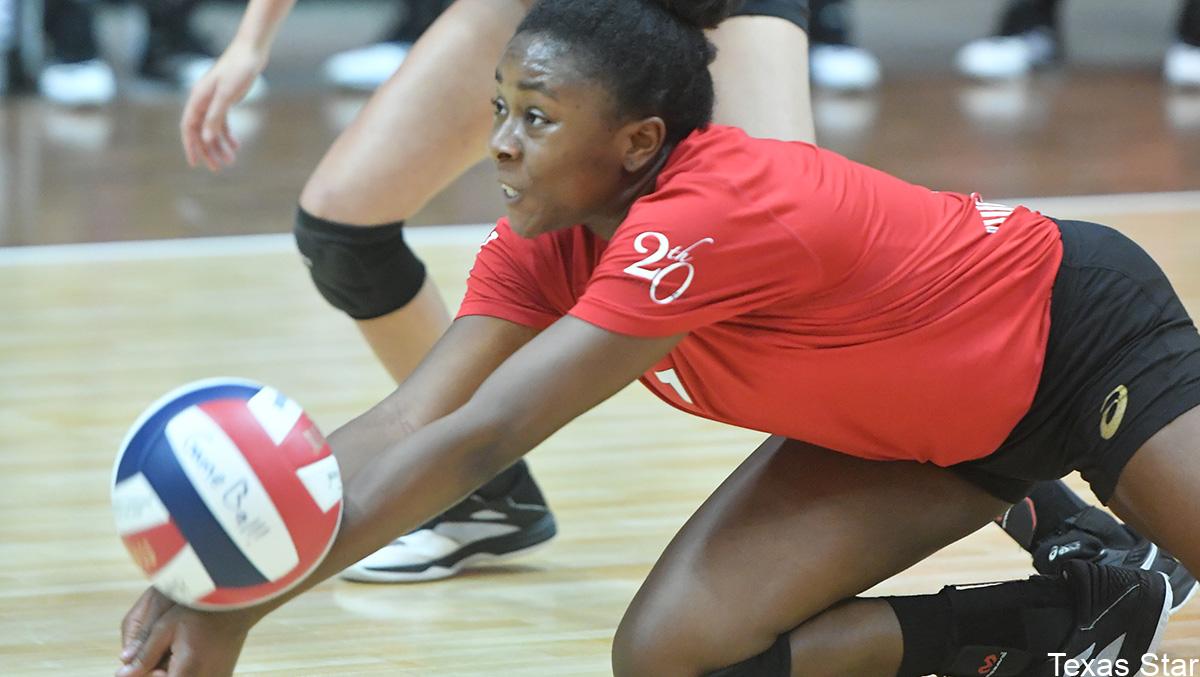
Defense is plodding attention to duty, grit and determination and perseverance. It requires an act of will and risk. All you need is the decision to put out and give 100 percent.
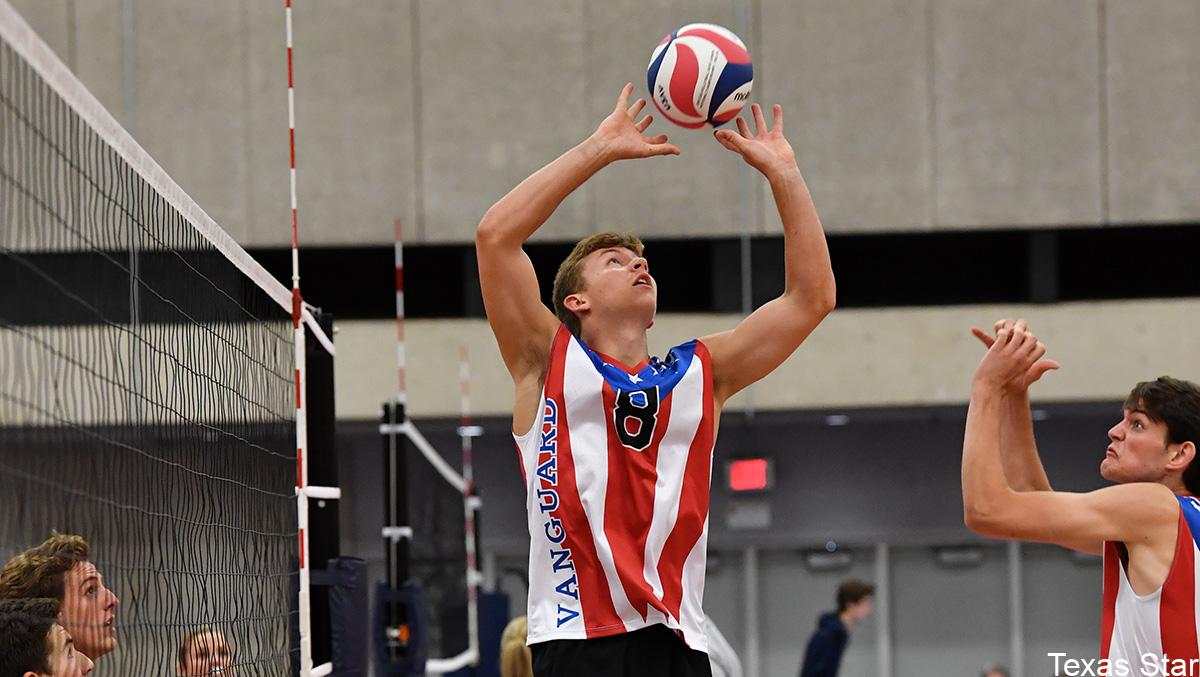
Because of the nature of the sport and the number of contacts afforded the setter, they carry a dramatically over-weighted value.
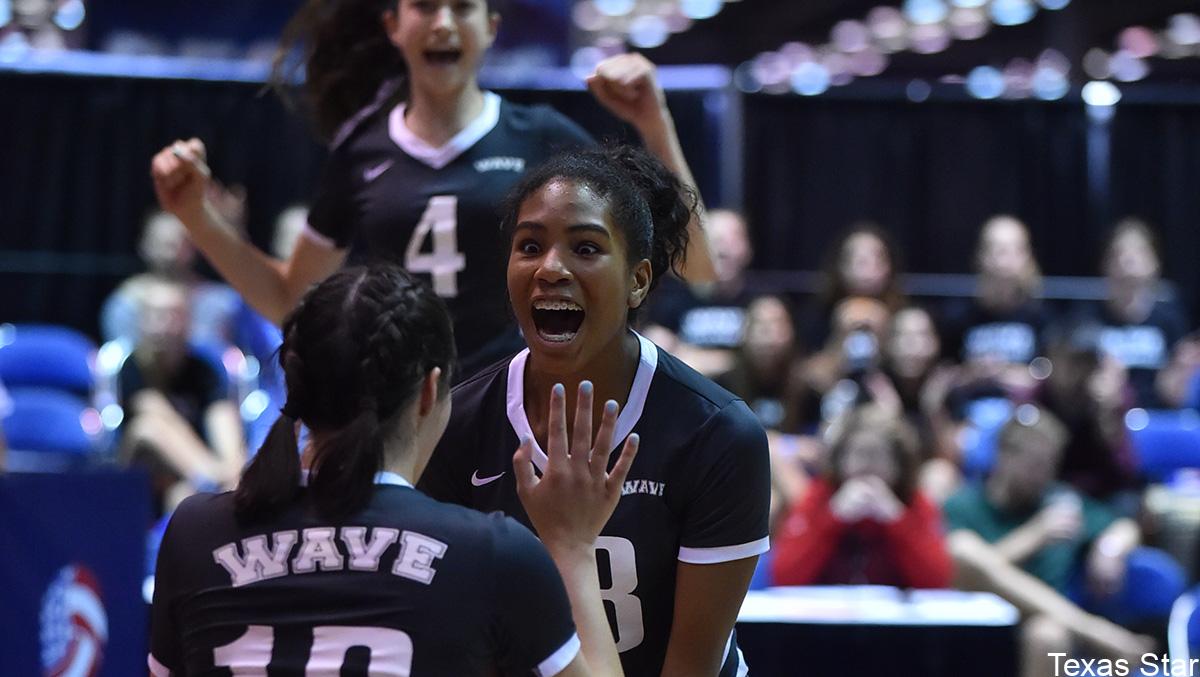
First things first, height is not a deciding factor in and of itself to ever prevent anyone in our sport from reaching the very highest level.
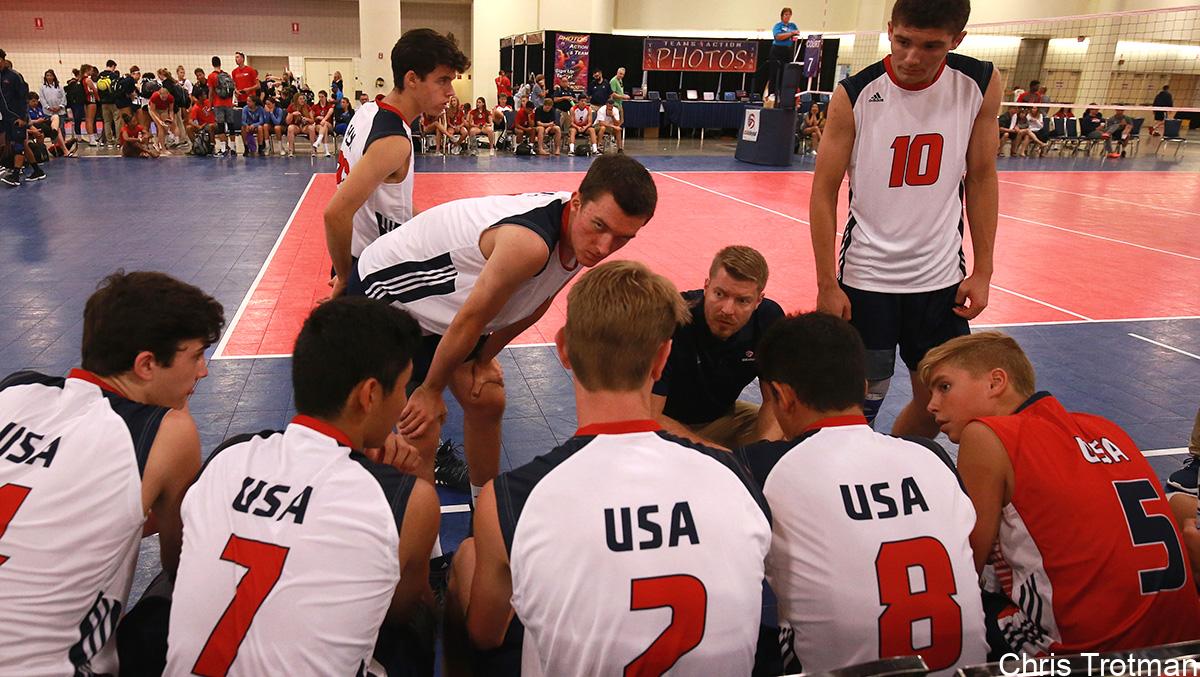
First and perhaps most important, is that Olympism is a process that begins when an athlete discovers an Olympic sport. From that point on, their love of the game is guided by what Olympism stands for.
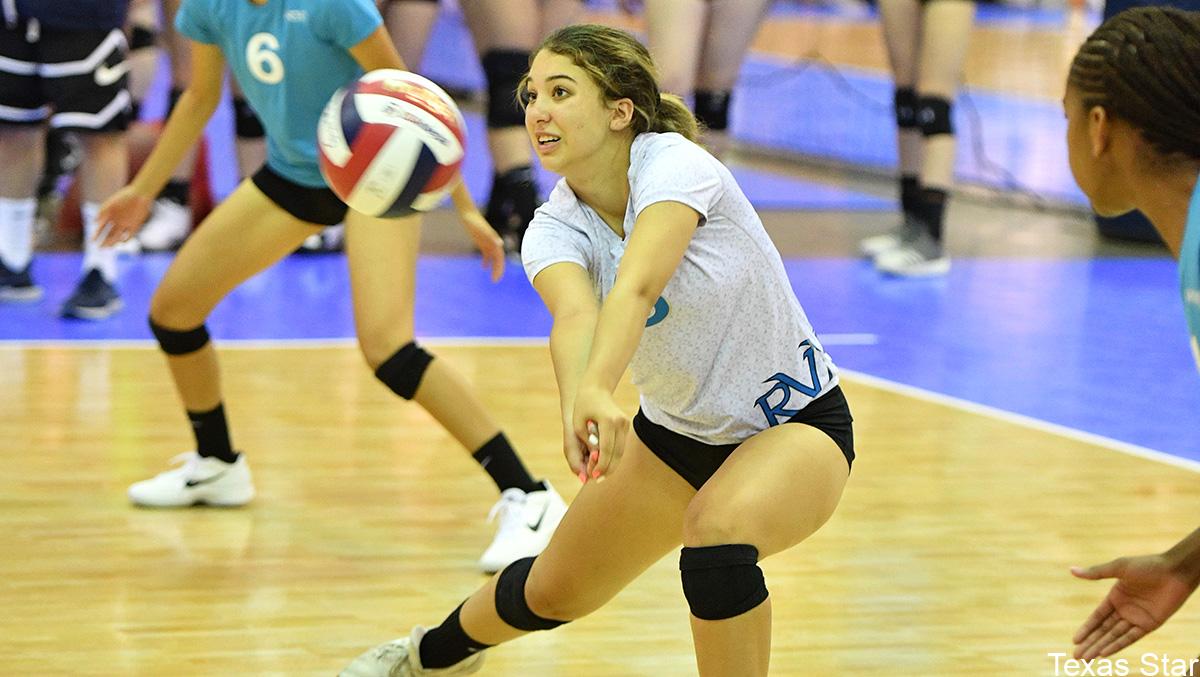
The short version of this article is simple: Have fun playing more one-on-one and you will be better because you learn most by contacting the ball over a net.